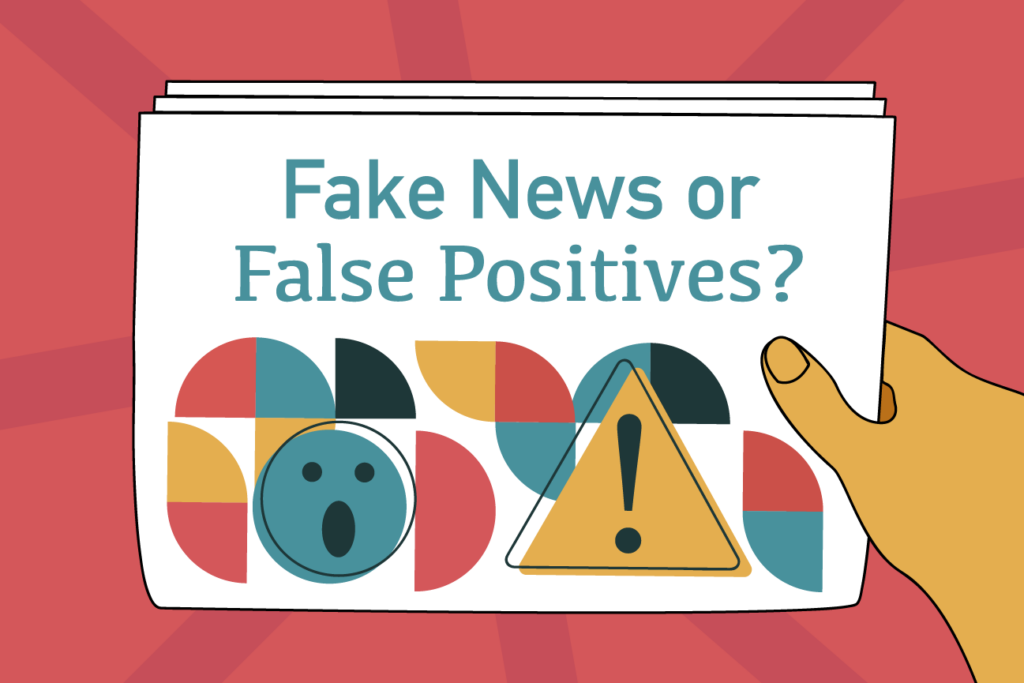The need to verify social media evidence and avoid fake news and false positives has never been more urgent—both in the U.S. and globally. But how do you tell the difference between credible online content and misleading or fabricated evidence?
We’ve all heard about the dangers of fake news. The term has been used as a political slur against traditional media and as a label for propaganda campaigns designed to sway public opinion on social media. But the problem goes far beyond politics.
Across the world—including here in the U.S.—false and misleading social media posts are fueling fear, spreading misinformation, and in some tragic cases, inciting violence and loss of life.
The real-world consequences of false social media posts
Consider recent events: in a U.S. college town, social media posts circulated alarming (but false) claims that gangs were targeting women for abduction and murder. The posts spread rapidly, creating panic—before police had the chance to confirm there was no credible threat.
Most people sharing these posts likely believed they were helping protect their community. But instead, they unintentionally fueled harmful rumors and heightened fear. Without verifying sources, even well-meaning users can amplify misinformation.
And while spreading a funny meme or uplifting story may seem harmless, spreading false warnings about violence can have serious, real-world consequences. In fact, misinformation doesn’t just stoke fear; it can provoke dangerous action.
In India, for example, false social media posts have been linked to mob violence and deaths. People are afraid to leave their homes. Graphic, doctored images are shared privately through personal accounts, fueling paranoia and unrest.
If you think it couldn’t happen here, think again. Even in the U.S., law enforcement agencies frequently have to debunk viral posts that sow fear and mistrust. Social media rumors—no matter the intention—can escalate quickly and unpredictably.
What this means for legal discovery
The risks of false or misleading online content extend beyond individuals. Legal professionals face a growing challenge: how to ensure the social media evidence they rely on is credible, authentic, and defensible.
Social media posts can be altered, deleted, or fabricated to create misleading impressions. Verifying the accuracy, source, and authenticity of this data is critical—especially when it’s used as evidence in legal proceedings.
That’s why individuals aren’t the only ones being urged to fact-check and vet their sources. Attorneys, investigators, and legal teams must exercise the same caution, backed by professional expertise.
Trusted analysis for reliable evidence
At SMI Aware, our certified social media and web data analysts provide defensible, verifiable intelligence you can trust. We don’t just collect data—we authenticate it, verify sources, and document the process to maintain the integrity of the evidence.
When it comes to social media intelligence, accuracy isn’t optional. The stakes are too high to risk false positives, missing context, or incomplete verification. Getting it right matters.
Let us help ensure your online evidence is accurate, defensible, and legally sound.




